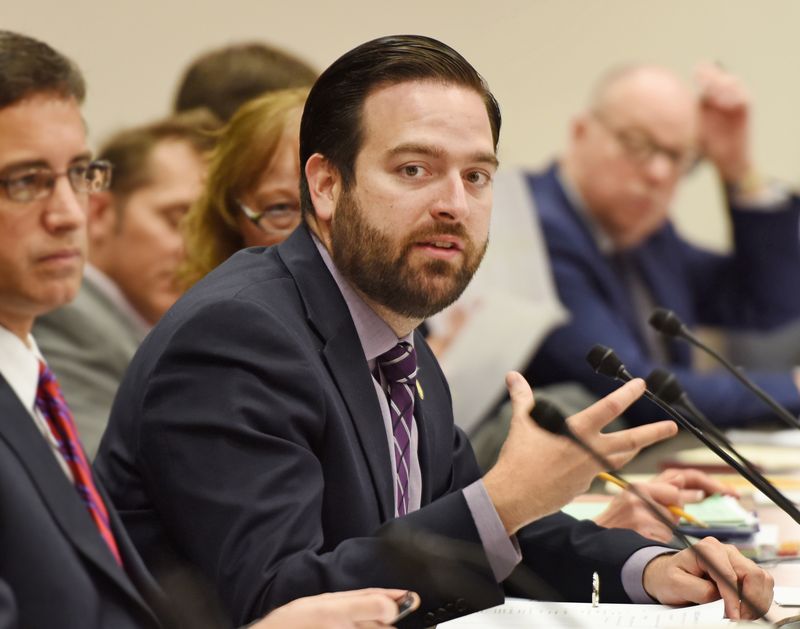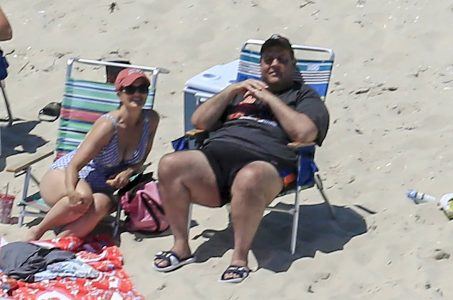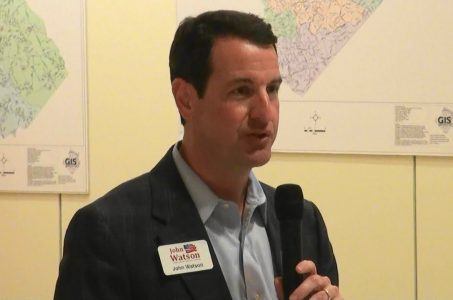Florida Legislature Edges Towards Deal on Gambling Reform
Posted on: April 28, 2017, 05:00h.
Last updated on: April 28, 2017, 06:26h.
The Florida House and Senate appeared to be a step closer to a deal to reform Florida’s gambling landscape, as the second day of negotiations closed on Thursday.

This was billed by one gaming consultant as “the standoff at the OK Corral,” or at least what lawmakers call a “heavy lift,” as two chambers, completely polarized on gambling issues, sought to strike an agreement before the May 5 deadline. Many believed a deal could not be done this year, which would not exactly be out of character for the Florida legislature when it comes to gambling reform legislation.
But it was clear from the outset there is an appetite for compromise between the expansion-happy Senate and the gambling-shy House, based on a desire to forge for the state a lucrative compact with the Seminole tribe.
“Decoupling” for Racetracks
Until this week, the House was intent on a status quo approach, but on Wednesday its chief negotiator, Representative Jose Felix Diaz, showed it was prepared to budge.
“We know that time is running out, so we wanted to make a serious and substantial offer to the Senate,” he said Wednesday.
That meant agreeing to the Senate proposal to authorize “decoupling” for racetracks, which would allow the tracks to offer gambling games without having to host live racing.
The House would accept this, provided the proposition was decided by public referendum, a condition that was rejected by the Senate, Thursday.
The House, somewhat surprisingly, also agreed to a slot casino based in Miami-Dade County, a concession to the Senate’s plan that would authorize two such casinos in the state.
Concession to the Seminoles
Both House and Senate had been looking to strike a deal with the Seminoles that would be worth $3 billion to Florida over seven years.
The tribe is understandably reluctant to agree to the biggest casino revenue sharing deal in history and has questioned whether such a deal would ever be signed off on by federal officials.
Provided it gets its two casinos, the Senate is prepared to rethink that figure as a concession to the Seminoles.
There’s still much to discuss on this wide-ranging package of reforms, and the Senate clearly has the upper hand in the negotiations. But while there still may be some way to go towards consensus, there does seem, at least, to be a real appetite to get the job done before May 5.
Related News Articles
Most Popular
Mirage Las Vegas Demolition to Start Next Week, Atrium a Goner
Where All the Mirage Relics Will Go
Most Commented
-
Bally’s Facing Five Months of Daily Demolition for Chicago Casino
— June 18, 2024 — 12 Comments
















No comments yet